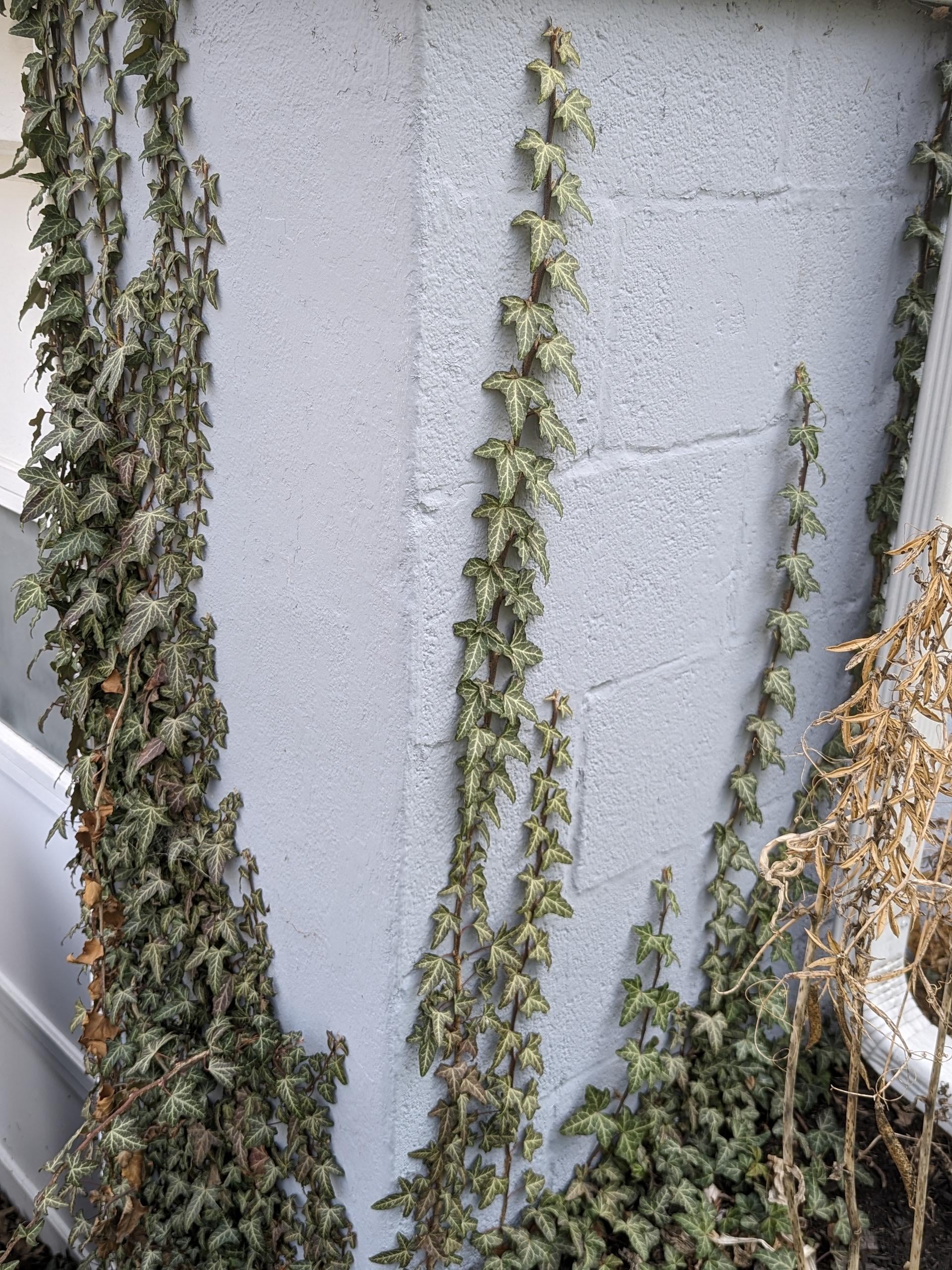[ad_1]

English ivy, also known as Hedera helix, is a popular climbing vine plant that is often used for decorative purposes on buildings and walls. However, there is a debate among experts as to whether or not ivy is harmful to buildings.
Proponents of English ivy argue that it can actually be beneficial for buildings because it can act as a natural insulator, helping to regulate temperature and reduce energy costs. Additionally, ivy can provide habitat for wildlife and improve air quality by capturing pollutants.
On the other hand, critics of English ivy point out that it can potentially cause damage to buildings if not properly maintained. Ivy roots can attach themselves to the surface of buildings and walls, which can lead to cracks or other forms of structural damage. Additionally, ivy can trap moisture against the building, which can promote decay and rot.
In conclusion, while English ivy can have some benefits for buildings, it is important to keep in mind the potential risks and maintenance requirements. Proper care and management of ivy growth can help prevent damage to buildings and walls, making it a safe and attractive option for decorative purposes.
